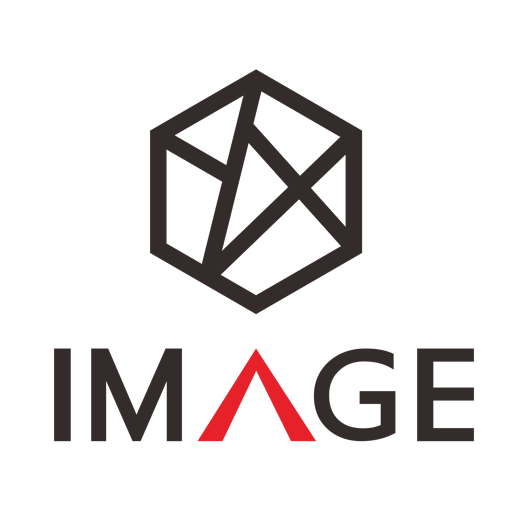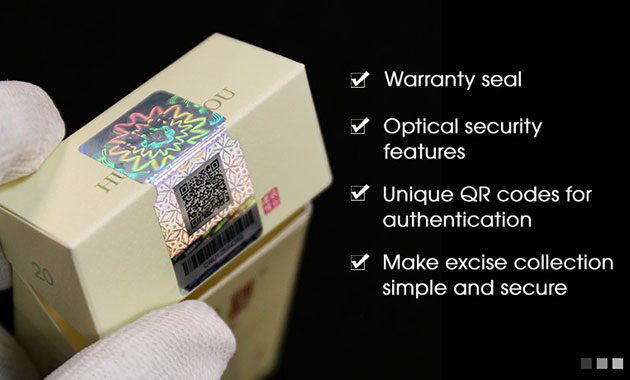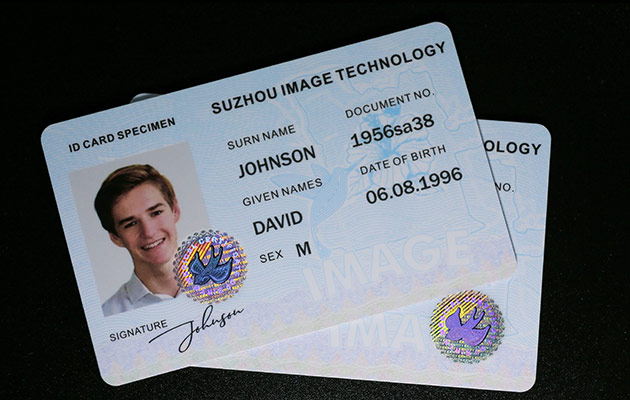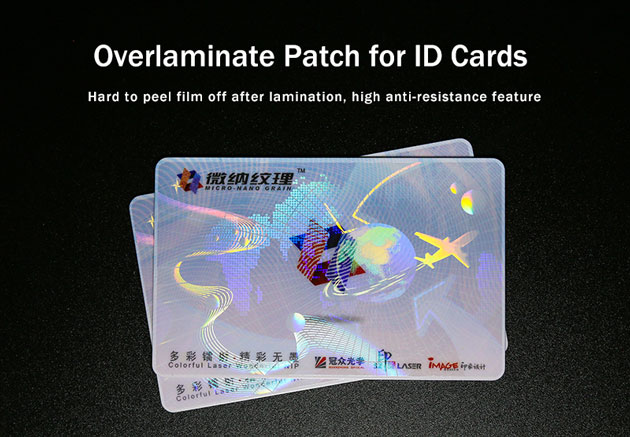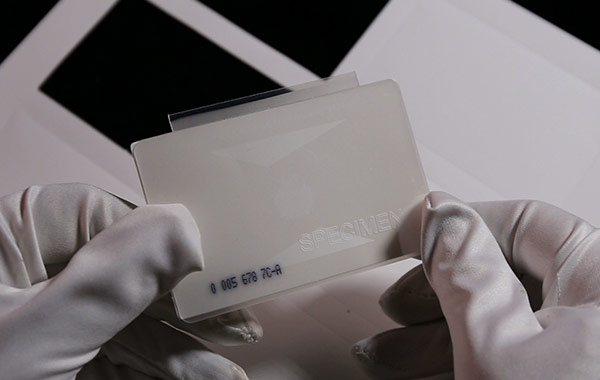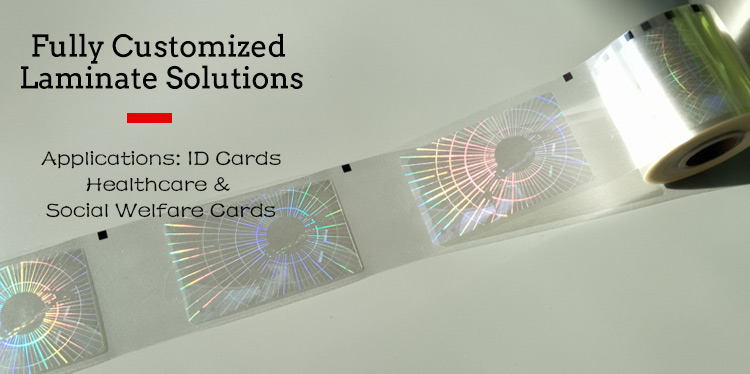With the going up in brand awareness and product sales, it’s inevitable that fake products appear on the market. Of course, this is for most industries and products, and very few products do not need anti-counterfeiting.
In recent years, with the continuous rise of various brands, such as apparel, consumer electronics, small household appliances, etc., Brand owners’ demands for anti-counterfeiting and brand protection are also increasing. They need an efficient and safe anti-counterfeiting method to protect their business and brand.
Here, we will introduce three common anti-counterfeiting methods, namely, QR code authentication system, ink printing, and optical holographic anti-counterfeiting.
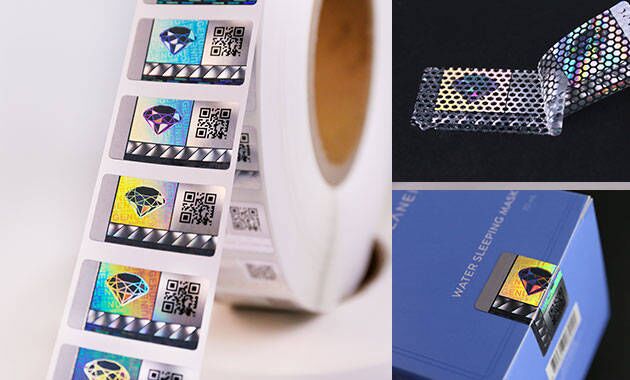
Suzhou Image Technology mainly focuses on optical anti-counterfeiting. Our micro-nano optical anti-counterfeiting technology has been applied in many national projects, government projects, and brand products that require anti-counterfeiting. And we will also regularly provide customers with anti-counterfeiting upgrades to better combat counterfeiting.
About anti-counterfeiting forms, applications, and methods.
When it comes to anti-counterfeiting, it is actually a relatively big topic. First of all, there are various forms and methods of anti-counterfeiting.
The forms of anti-counterfeiting products generally include hologram labels on brand packaging, anti-counterfeiting tear tapes, and hologram overlays used on some identities and documents.
Secondly, the application direction of anti-counterfeiting can also be divided into two categories, one is national ID cards, certificates, and tax stamp revenue, which are mostly used in foreign projects. The other is the anti-counterfeiting of social products.
Finally, the anti-counterfeiting technology used is also different. There is optical holographic anti-counterfeiting, which is a kind of physical optical micro-nano structure anti-counterfeiting method. Ink printing anti-counterfeiting, such as heat sensitive ink, fluorescent ink, magnetic ink, infrared ink, optically variable ink, etc.
And there are also QR codes and three-dimensional codes that have been widely used in the market in recent years for anti-counterfeiting (each label can print a unique code to obtain an independent identity).
The difference between the three anti-counterfeiting methods.
| Anti-counterfeiting methods | Advantages | Disadvantages | The QR code itself does not have the anti-counterfeiting function |
| QR code | Quick to authenticate | Easy to copy | Many documents and banknotes use ink anti-counterfeiting for the most part |
| Ink anti-counterfeiting | Higher level of security | High cost | Many identities, documents, and banknotes use ink anti-counterfeiting for the most part |
| Holographic anti-counterfeiting | Shiny appearance (3D, dynamic and colorful change) Hard to duplicate, high security | Wide range of applications from daily life products, brand products to government projects |
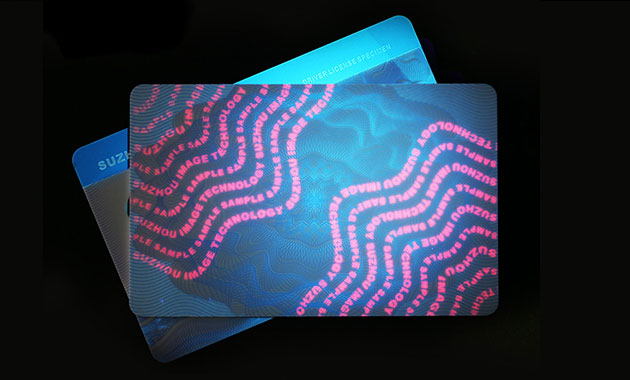
The above anti-counterfeiting technologies and methods have their own advantages and characteristics. Here focuses on holographic anti-counterfeiting.
It’s a physical anti-counterfeiting method, is a micro-nano-level optical structure. Observed under a high-power electron microscope, it is a nano-level structure and groove.
Holographic anti-counterfeiting can show 3D stereo dynamic and color change through light refraction, reflection, and diffraction, on the other hand, it is extremely difficult to copy, which can play a good anti-counterfeiting effect.
This growth of products in the market has resulted in an increased risk of forgery and cheating. However, the application of optical hologram anti-counterfeiting can help the industry to keep up with ever more sophisticated counterfeiters, and protect both brand and buyer safe from fraud.
As a matter of fact, there is no kind of technology that can be 100% anti-counterfeiting. But we can increase the technical difficulty and threshold of anti-counterfeiting so that counterfeiters can hardly keep up regardless of money or time cost. This is the meaning and purpose of anti-counterfeiting.
